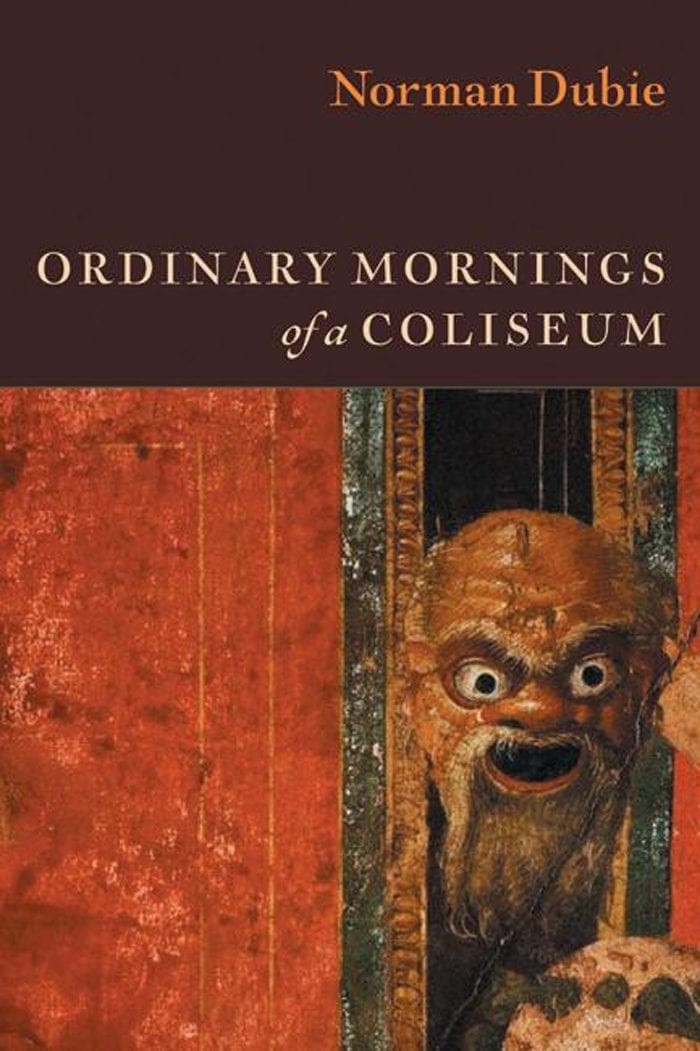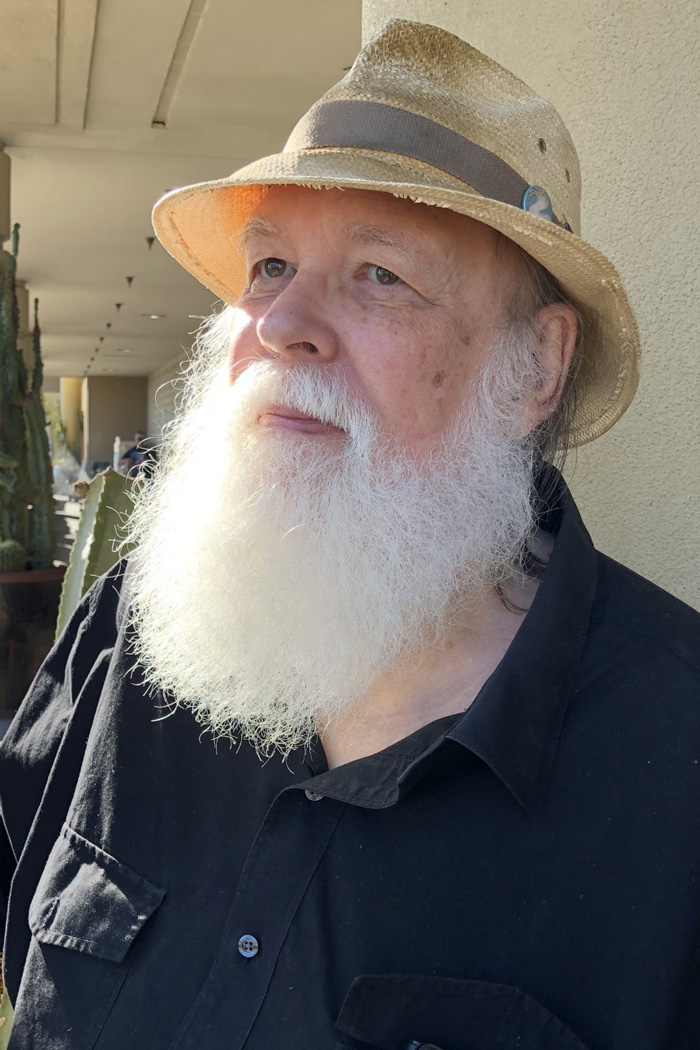
Norman Dubie’s poems begin at the first principle: that life is an infinite and ceaseless miracle of motion. The New York Times called Dubie “one of our premier poets,” and this book proves the point. This “broken fantasia” addresses humankind’s engagement with spiritual practice. Backdropped by politics and religion, Dubie searches for independent, individual meaning through the lives of eccentric and visionary holy men such as Eckhart, Rumi, the Tibetan Tashi Lama, the mathematician Ramanujan, Michel de Nostredame, and the Egyptian recluse Cyril. “I adore how they are all ignoring us,” Dubie writes, “with an absolute genius like snoring.”
ISBN: 9781556592133
Format: Paperback
Reviews
“In this book of verse tales and imaginary monologues, Dubie attempts to invent a private language… the result is almost a book of spells or a dream book of our time… the brilliance of his images, insight, and eloquence make this essential.” —Library Journal
“Dubie has spent the past four decades shaping a body of work that is unsurpassed for its fluency, stylistic clarity, and incisive use of personae… The ability to surprise and instruct while remaining wholly accessible, and even moving, is a rare one, but one that Dubie demonstrates again and again. No less impressive is his visual sense… Throughout Ordinary Mornings of a Coliseum, Dubie once again shows his empathy and his reach, entering a wide range of different lives and perspectives…” —Antioch Review
“Dubie’s poems are unmatched in their incandescent imaginings, gorgeous language, and fearless tracking of the inexorably turning wheel of existence.” —Booklist
“More than ever before, in Ordinary Mornings of a Coliseum, Dubie really, and consistently, displays his mastery of the English language, and his status as an expert on the human soul.” —Johns Hopkins Newsletter
“The voices of Dubie’s monologues are full of astonishing intimacy.” —Washington Post Book World
“The reader new to Mr. Dubie’s work is likely to be struck first by the vigor of his forms and the bravery of his language.” —New York Times
“Norman Dubie has ever been free of the typical apprentice need to imitate. His published work has always been distinctly his own, characterized by an unmistakable voice and a nearly inimitable combination of techniques.” —Georgia Review
